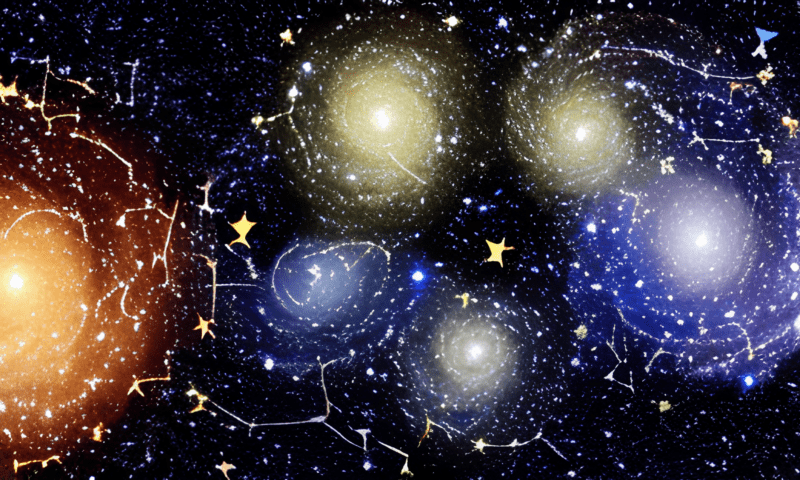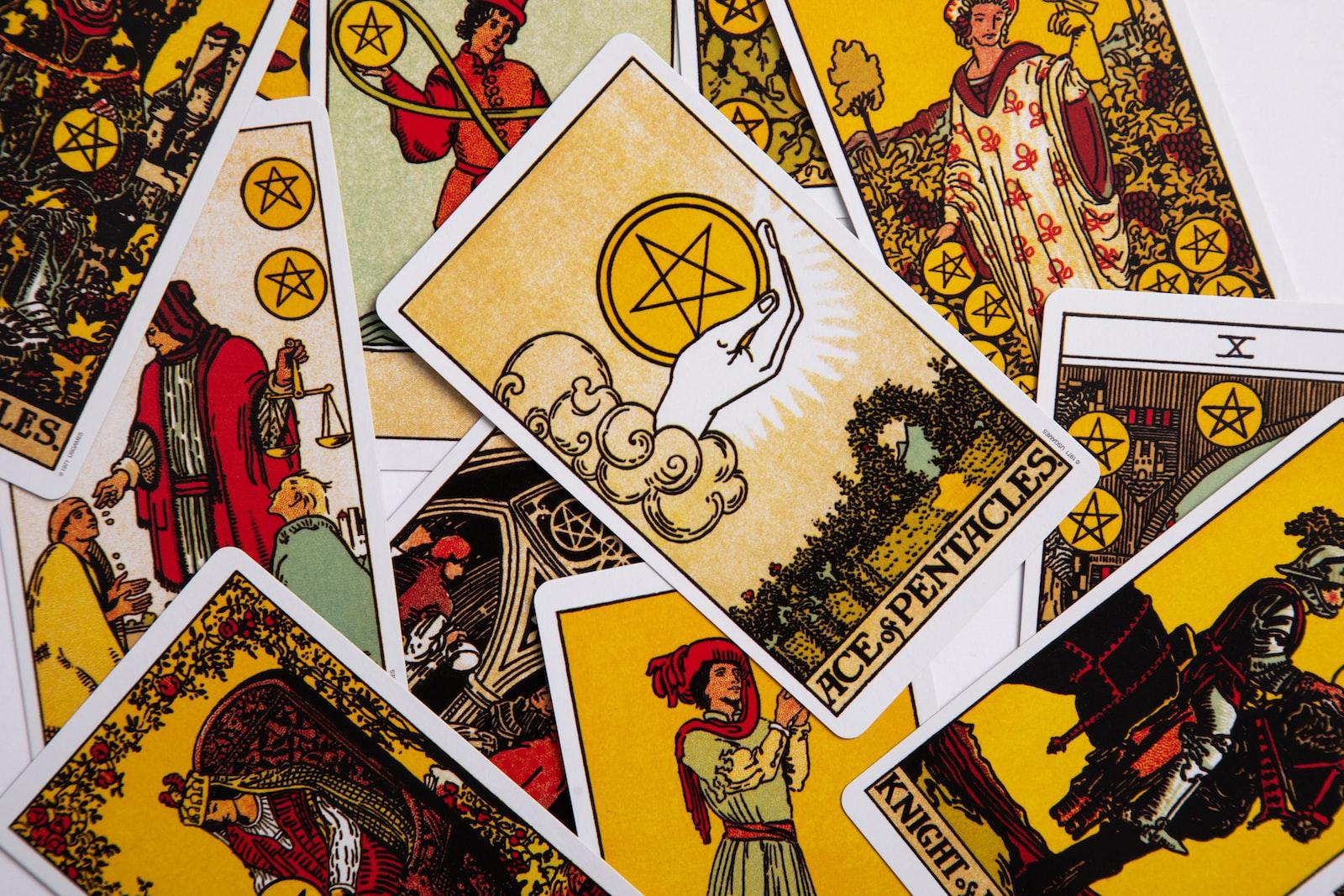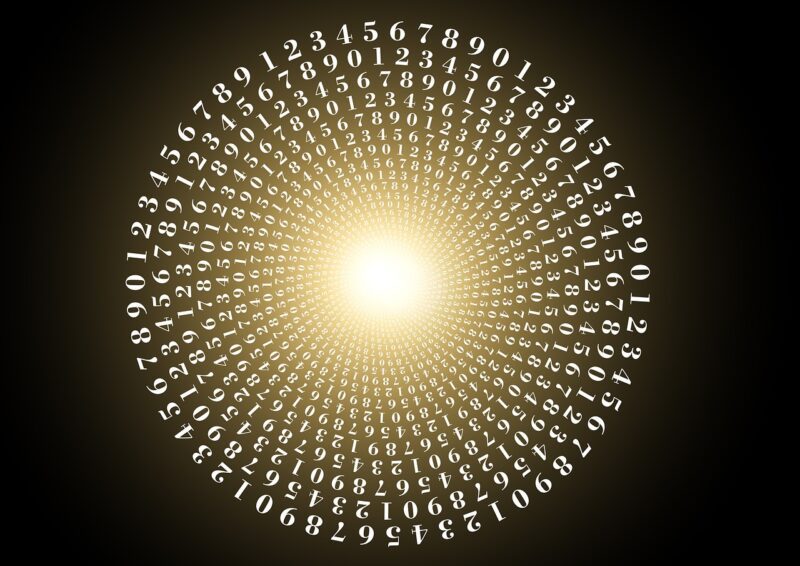According to the American Heritage Dictionary, astrology is “the study of the positions and aspects of celestial bodies with the idea that they have an influence on the path of natural earthly occurrences and human affairs.” Astrology is founded on the observation of planets. Astrology was also practiced in ancient times. Astrology has a long history that dates back to the dawn of humanity. Some of the most well-known civilizations in history heavily exploited this field. Ancient Chinese civilizations, Egyptian civilizations, ancient Indian civilizations, and so on all practiced astrology at one time or another. Even before Islam, Arabs also practiced astrology. In the science of astronomy, the Arabs were highly advanced.
Astrology was most likely initially used by the ancient Babylonians. After the Sun, Moon, and planets, the Babylonians were the first to name the days of the week. They were also the first to define the horoscope’s twelve houses. In ancient times, Baghdad and Damascus were regarded as hubs of astrology and astronomy. Egypt made a significant contribution to the development of astrology. Some astrological signs of the zodiac are said to have originated in Egypt.
Ptolemy, a Greek astronomer, was the first person to create an astrology book. He established modern-day sun-sign astrology. Ptolemy used his knowledge of orbital motions to try to anticipate the positions of heavenly bodies in relation to each other and the earth. Astrology was a part of astronomy at the time of his birth. Astrology remained a component of theology when astronomy became a precise science.
Metal, wood, water, fire, and earth are the five elements emphasized in Chinese astrology. Additionally, they use different zodiac signs than other forms of astrology.
Astrology has a long history in India. Even throughout the Vedic period in India, astrology was used. Vedanga has six sciences, one of which is astrology. The many components of planetary motions and their effects on humanity are also greatly important in ancient Hindu scriptures. Many people in India still study and practice astrology. In Indian culture, it is considered essential. It is utilized to make decisions about marriage, new company ventures, and moving into a new home, among other things. The movements of the planets have an impact on karma, according to Hindu belief, which is what causes human success or failure in life.
Brahmins are believed to be the top astrology authorities among Hindus. India’s astrologers claim that it is a scientific method of foretelling the future. They still classify this branch of study as Hinduism-related. Astrological prophecies are nearly universally accepted among Hindus. In fact, Hindus who practice religion cannot envisage life without astrology. More and more Indians are building their homes using Vastu Shashtra concepts. Astrological implications also play a role in this old Indian ritual. Hindus believe that the adoption of Vastu principles in the construction of a home determines the overall prosperity and benefits of the occupants. Indian astrologers claim to be able to demonstrate that astrological forecasts are accurate.
Astrology includes horoscopes. Even in the industrialized countries of the West, regular horoscope reading has become trendy. Everything in the Western mind has constantly been scrutinized, and it tends to depend only on scientific facts. However, this does not stop westerners from obsessing over their horoscopes. Suddenly, the western world has become aware of the prospect of using astrology to learn about and improve one’s future. The idea that strong planets and stars can influence us is becoming more and more prevalent in Western culture. Western academics have studied the subject of astrology. Astrology has never been studied and researched as thoroughly as it has in recent years. In this regard, Indian astrologers should go forward and demonstrate the power of astrology to the rest of the globe.





